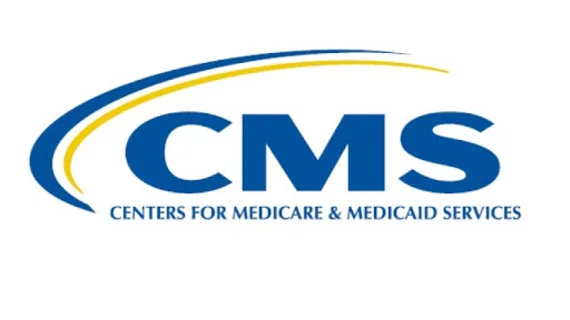CMS unveils 3 initiatives to 'improve program integrity' of Medicaid
In a June 26 release, CMS announced initiatives aimed at “improving Medicaid program integrity through transparency, improved data and innovative analytics.
“The initiatives released today are essential to help strengthen and preserve the foundation of the program for the millions of Americans who depend on Medicaid’s safety net. With historic growth in Medicaid comes an urgent federal responsibility to ensure sound fiscal stewardship and oversight of the program,” said CMS Administrator Seema Verma, MPH. “These initiatives are the vital steps necessary to respond to Medicaid’s evolving landscape and fulfill our responsibility to beneficiaries and taxpayers.”
Verma outlined three major initiatives for CMS:
- Emphasize program integrity in audits of state claims for federal match funds and medical loss ratios (MLRs). CMS will audit some states based on clinical services spending and quality improvements.
- Conduct new audits of state beneficiary eligibility determinations. “CMS will audit states that have been previously found to be high risk by the OIG to examine how they determine which groups are eligible for Medicaid benefits. These audits will include assessing the effect of Medicaid expansion and its enhanced federal match rate on state eligibility policy,” according to CMS.
- Optimize state-provided claims and provider data. “For the first time, every state plus Washington, D.C. and Puerto Rico are now submitting enhanced data to CMS,” CMS wrote in its release. “Over the course of the coming months, we will be validating the quality and completeness of the data.”

